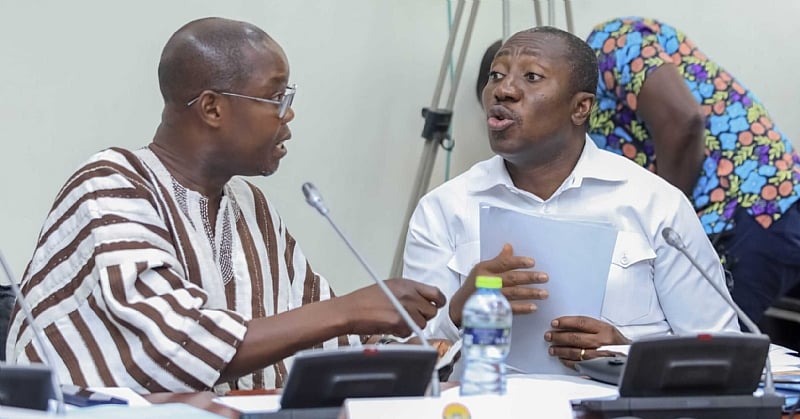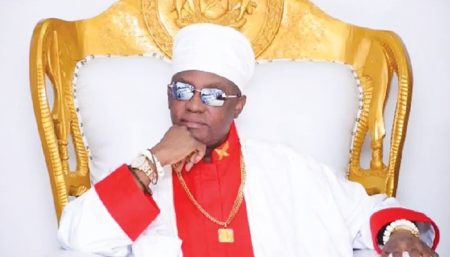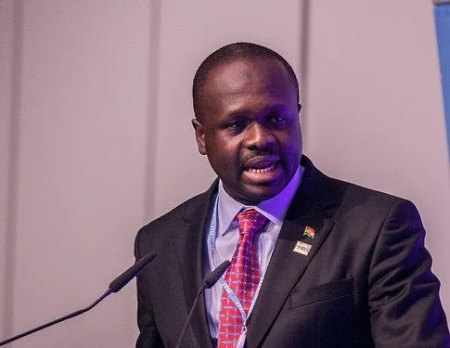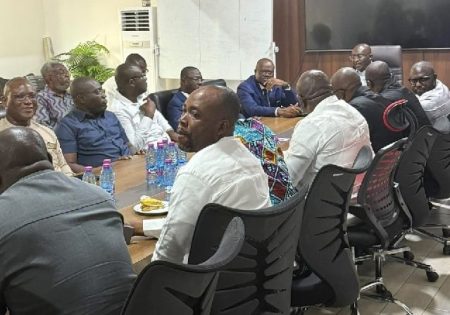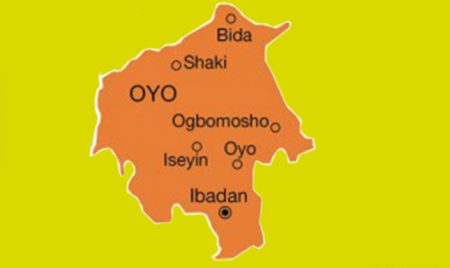The parliamentary vetting of Supreme Court nominee Justice Hafisata Amaleboba on Wednesday, June 18, 2025, descended into a heated public confrontation between Appointments Committee Chairman Bernard Ahiafor and Minority Leader Alexander Afenyo-Markin, exposing the escalating political tensions surrounding judicial appointments. The clash, witnessed by the nation via live broadcast, centered on Afenyo-Markin’s line of questioning, which Chairman Ahiafor deemed repetitive and redundant. Ahiafor, citing parliamentary procedure, instructed the nominee to disregard the question, provoking a strong reaction from Afenyo-Markin, who accused the chairman of deliberately obstructing thorough scrutiny of the nominee.
Afenyo-Markin’s frustration was palpable as he challenged the chairman’s authority, suggesting that if Ahiafor intended to prematurely end the vetting process, he would not object. He pointedly remarked that the proceedings were being observed by the entire country, implying a lack of transparency and potential manipulation. The Minority Leader further alleged a concerted effort to shield Justice Amaleboba from rigorous questioning, emphasizing his own extensive research and preparation for the vetting, which underscored the perceived importance of his line of inquiry. The confrontation highlighted the growing perception of political maneuvering within the Appointments Committee, raising concerns about the integrity and impartiality of the vetting process.
Chairman Ahiafor, however, remained resolute, defending his decision and denying any bias or attempts to protect the nominee. He retorted that public scrutiny extended to all members of the committee, not just himself, and asserted his resistance to intimidation. Ahiafor reiterated his ruling that the question was repetitive and therefore unnecessary, maintaining his position despite Afenyo-Markin’s protests. This firm stance underscored the chairman’s determination to control the proceedings, but simultaneously fuelled the perception of a deliberate attempt to limit the scope of the vetting process.
The public nature of this exchange amplified the already tense atmosphere surrounding judicial appointments. The incident laid bare the deepening partisan divide within the Appointments Committee, with accusations of political maneuvering overshadowing the substantive evaluation of the nominee’s qualifications. While Justice Amaleboba maintained her composure throughout the contentious exchange, the clash inevitably cast a shadow over her vetting, raising questions about the fairness and objectivity of the process. The standoff served as a stark reminder of the increasing politicization of judicial appointments, potentially undermining public trust in the judiciary’s independence.
This particular confrontation signifies a broader trend of escalating tensions within the Appointments Committee. The increasing polarization of political discourse appears to have seeped into the vetting process, transforming what should be a meticulous examination of a nominee’s qualifications into a platform for political posturing and point-scoring. The incident involving Justice Amaleboba’s vetting serves as a microcosm of this larger issue, highlighting the challenges facing the Ghanaian political system in maintaining the integrity and impartiality of its judicial appointment process.
The implications of this incident extend beyond the immediate vetting of Justice Amaleboba. The public display of discord within the Appointments Committee raises concerns about the future of judicial appointments and the potential for further politically charged proceedings. The incident underscores the urgent need for a more transparent and less partisan approach to vetting judicial nominees, one that prioritizes the assessment of qualifications and experience over political considerations. Failure to address these concerns risks further eroding public trust in the judiciary and undermining the rule of law, vital components of a healthy democracy.





